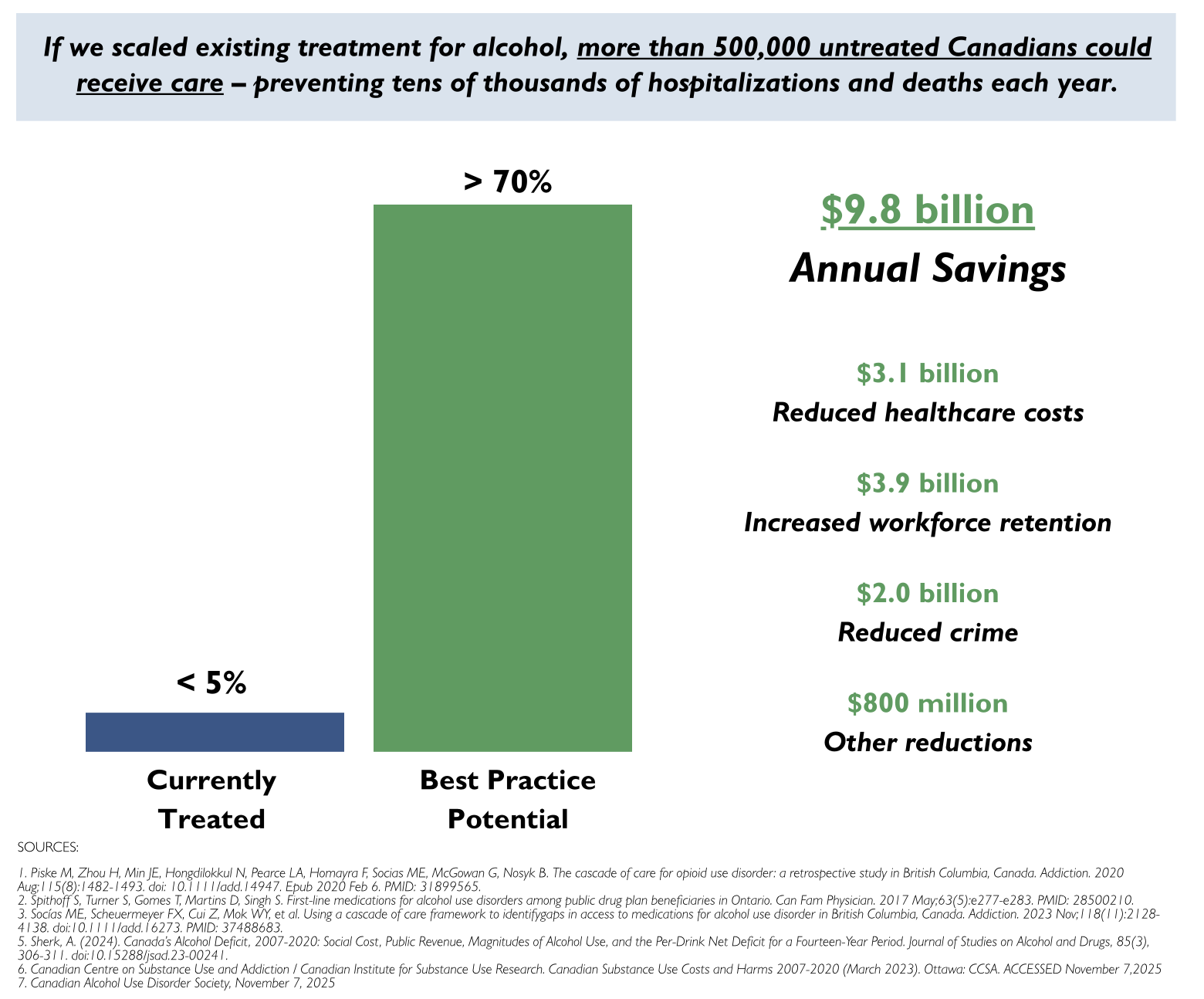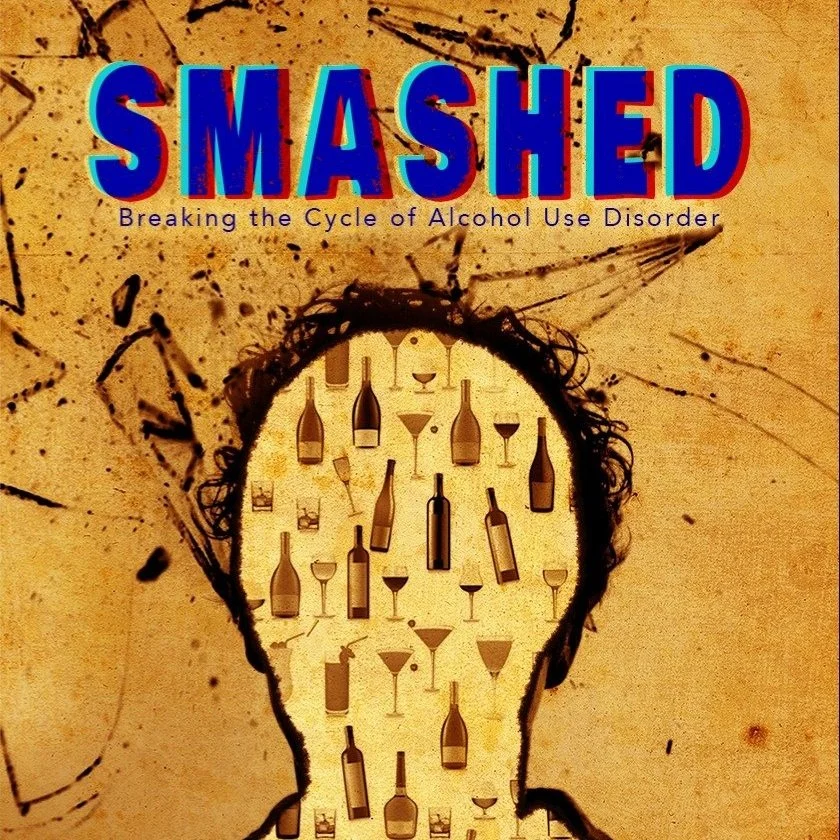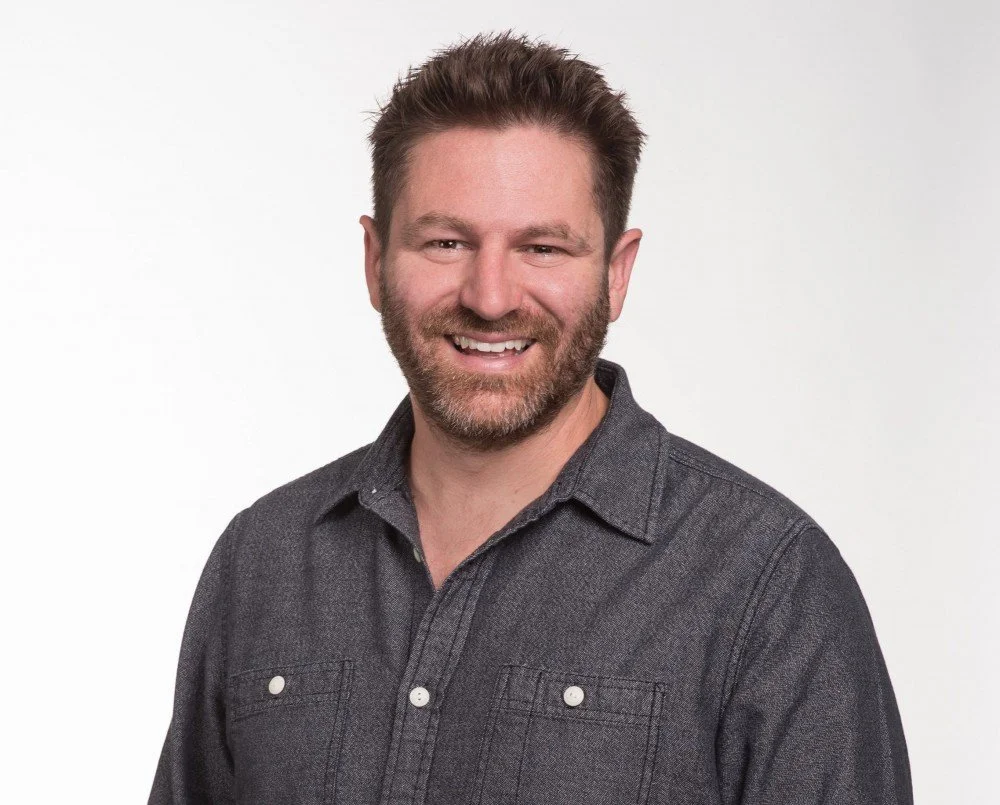We Can Support Canadians Struggling with Alcohol — Cheaper. Sooner. Better. So Why Aren’t We?
Alcohol Use Disorder (AUD) will affect nearly one in five Canadians — yet fewer than 2% of those who could benefit receive evidence-based treatment. Alcohol-related harms cost billions each year and place heavy strain on healthcare, workplaces, and families.
But there is hope.
Proven solutions already exist — they just need to be applied more widely.
CAUDS is leading a national effort to modernize how Canada treats alcohol addiction. We focus on practical, evidence-based steps that work — in doctors’ offices, communities, and real lives.
Closing the Gaps
Right now, most alcohol-related spending happens at the crisis end — in emergency rooms and detox centres — after conditions have become severe, and where care is costliest and least effective. It’s time to shift the focus and…
Spend Smarter — allocate more resources toward early and preventative care.
Treat Sooner — make alcohol screening and treatment a routine part of primary care.
Do Better — expand access to proven medications and follow-up care that deliver lasting recovery.
Each of these shifts is achievable. Together, they form a path to a system that also helps prevent harm instead of only reacting to it — saving dollars, reducing suffering, and improving lives.
The CAUDS Approach
As a non-profit, we advocate for a compassionate, holistic, evidence-based approach to treating Alcohol Use Disorder as a health condition. This includes supporting the psychological, social and biological components of Alcohol Use Disorder, in order to make a full recovery possible for just about everyone.
As such, this approach can include the prescribing of safe, effective and proven medications, usually for a short period of time, in order to:
reduce or extinguish cravings and withdrawal symptoms.
give people the choice to stop or simply reduce the amount they drink.
complement and provide stability for seeking counselling and other important community and psycho-social supports.
*Please note that as a nonprofit, we are not affiliated with or funded by pharmaceutical or related enterprises.
This 3-minute video introduces Alcohol Use Disorder and latest medical treatment options. View more CAUDS videos.
Do you feel compelled to drink, to drink too much and not be able to stop?
You may have Alcohol Use Disorder (AUD), a health condition that causes your brain to need alcohol. But, did you know that this condition is entirely treatable, with a full recovery from cravings possible for just about everyone?
In addition to important supports such as counselling, peer-based programs and community services, treating the underlying cravings for alcohol use disorder can help people recover. In fact, with the right prescription medication, taken for only a short period of time, cravings and painful withdrawal symptoms can be eliminated. For good.
Together, we can improve how we think about alcoholism, and how we treat it.
The compulsion to drink is not a moral failing. It is not shameful. It doesn’t have to be a life-long label, and you don’t need to regain control by never drinking again. Find out how you can put your consumption choices and your health back in your hands.
Check out our website to learn more about Alcohol Use Disorder, about treatment options, and hear from others who have found lasting success.

Canadian guidelines on safe drinking provide compelling reasons for WHY to stop drinking. Or to drink less. Evidence suggests that 1–2 drinks/week is low risk; 3–6 is moderate; & 7+ is high risk for several types of cancer and other diseases. Less is better.
At the Canadian AUD Society, we’re here to shed light on HOW to reduce or stop drinking. Learn more about treatment options for alcohol use disorder today.
Feature Resources
A tribute to Dr. Jeff Harries
Our society’s founder and exemplary family physician, husband, father, leader and visionary died from complications of ALS on the morning of Nov. 9th 2021. We welcome you to join us in celebrating him.
Alcohol use disorder is a chronic disease affecting the brain, not a moral failing. For too long we’ve been trying to get patients to quit or reduce consumption by shaming, encouraging or berating them. But I’m filled with hope that we can view this disorder with compassion, and promote certain medications that, in a short amount of time, help heal the brain and curb cravings for just about everyone.
— Dr. Jeff Harries, founder of the Canadian Alcohol Use Disorder Society









